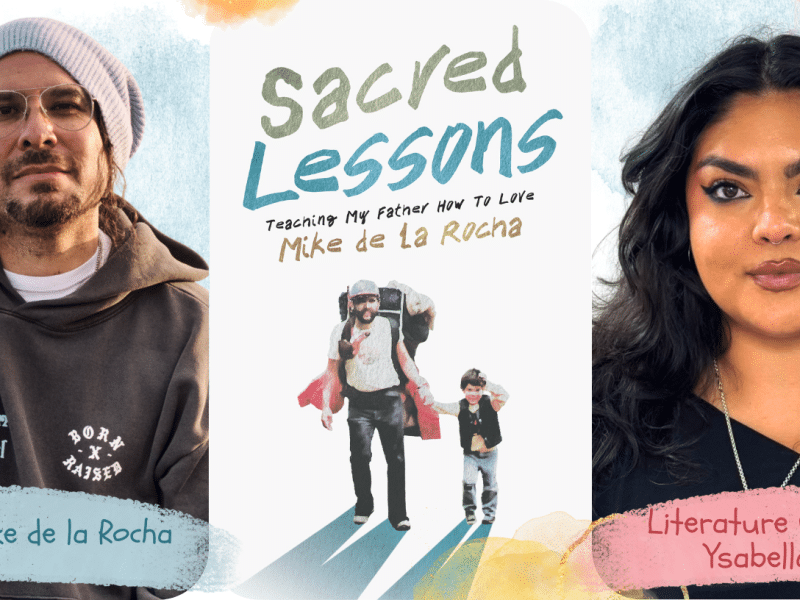Need an Entertaining Reminder of the Beauty of Mexican-American Culture? Watch “Going Varsity in Mariachi”
By providing a space for Latino students to connect with their culture through music and form a sense of community, mariachi clubs can have a positive and lasting impact on their development and well-being.

The delightfully entertaining documentary ”Going Varsity in Mariachi,” which premiered at the 2023 Sundance Film Festival, follows Edinburg North High School’s “Mariachi Oro” ensemble as they compete against other South Texas schools for the state championship. The film, directed by Mexican American directors Alejandra Vasquez and Sam Osborn, among other things, highlights the importance of music education and the cultural significance of mariachi music.
By providing a space for Latino students to connect with their culture through music and form a sense of community, mariachi clubs can have a positive and lasting impact on their development and well-being.
And maybe, just maybe, add to the growing number of mainstream films that showcase the overwhelming way in which Mexican-American culture is an integral part of what makes America great.




